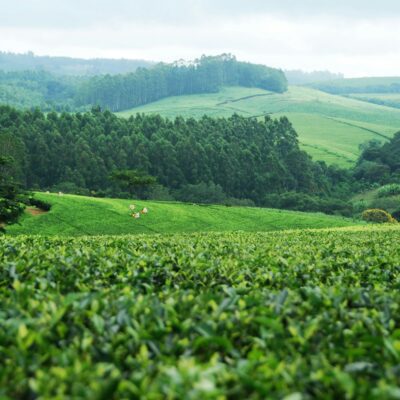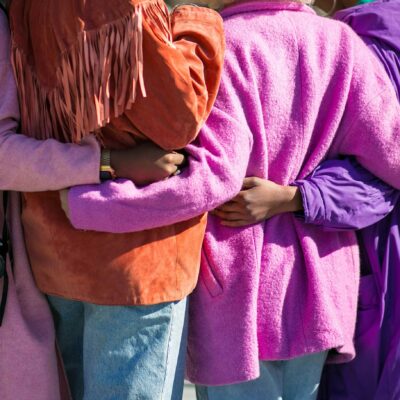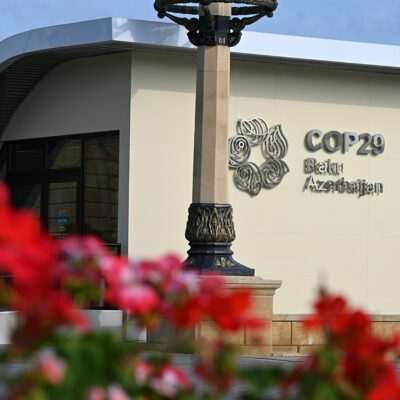 Photo: Abhishek Pawar / Unsplash
Photo: Abhishek Pawar / Unsplash
This is a summary of this article which was first published by Eleanor Fisher, Nyang’ori Ohenjo, Mary Ng’endo and Jon Hellin as a Nordic Africa Institute policy brief. “This policy brief is based on a collaboration between the Nordic Africa Institute (NAI), the Centre for Minority Rights Development (CEMIRIDE), and the CGIAR Research Initiative on Climate Resilience (ClimBeR).”
New research insights from a “collaboration between the Nordic Africa Institute (NAI), the Centre for Minority Rights Development (CEMIRIDE), and the CGIAR Research Initiative on Climate Resilience (ClimBeR)” highlight the need for including indigenous people in building resilient food systems and adapting to the challenges of climate change in Kenya.
Indigenous peoples in Kenya are disproportionally affected by extreme weather events like droughts and flooding. These cause the loss of arable land for livestock and farming, leaving people without livelihoods. The policy brief highlights the situation of “the Endorois agro-pastoralists, a semi-nomadic indigenous people who for centuries have lived by herding cattle and goats around Lake Bogoria. Land, and the cattle and goats that graze it, are the basis of the Endorois’ livelihoods, but also of people’s identity, social relations and memories.”
“Kenyan decision makers must empower indigenous peoples to engage in local climate adaptation and agricultural sector planning, and at the same time protect those peoples’ rights.” Nationally, one example of including and valuing indigenous experience to enable sustainable climate resilience is an initiative to include “community voices and experiences from diverse geographies in high-level decision-making forums” as well as programmes for locally-led climate action. “Internationally, this aligns with a four-year programme on agriculture and food security that recognises adaptation as a priority for vulnerable groups, including women, indigenous peoples and small-scale farmers, and emphasises the value of indigenous knowledge systems.”
Crucial to the inclusion and empowerment of indigenous people in building resilient food systems and sufficient climate adaptation measures is social equity. The article highlights four different kinds of social equity which must be considered to ensure meaningful empowerment and resilient adaptation measures: “recognitial equity, representational equity, distributional equity, and intergenerational equity”.
“What should be done and by whom?
The Kenyan government recognises the knowledge systems of indigenous peoples as a resource and opportunity in climate adaptation. The government should prioritise and commit greater resources to empowering indigenous peoples to participate meaningfully in locally driven initiatives, such as the Financing Locally-Led Climate Action programme, a Kenyan model of devolved climate finance. It should also strengthen indigenous peoples’ rights and capacity by building partnerships with national and county government agencies, the private sector and non-governmental organisations.”










